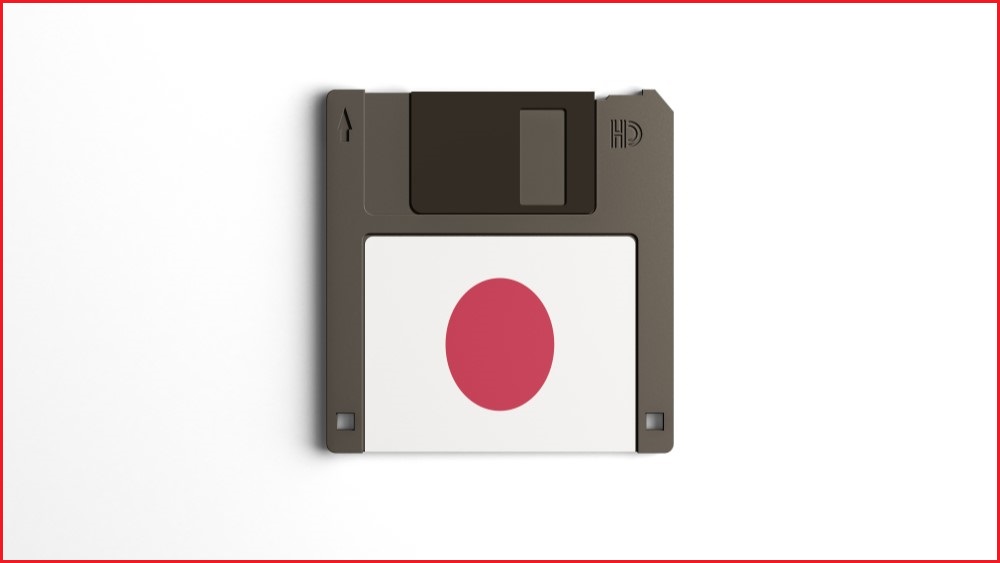The government of Japan has finally stopped using floppy disks (remember those?) decades after they were first introduced.
By the middle of June 2024, Japan’s Digital Agency said it had scrapped all but one of the more than 1,000 regulations around the government's use of floppy disks — some of which involved businesses having to use them to submit forms.
The one remaining regulation involved vehicle recycling systems, but the government said this was completed at the end of June.
The country’s Digital Minister Taro Kono told the Reuters news agency in a statement (presumably via email): “We have won the war on floppy disks on June 28!”
Kono has been eager to remove other analogue technologies from Japan’s government, including fax machines, in a push to continue modernisation.
“There are still many things in society that need to be reviewed, including fax machines, so we would like to thoroughly review those as well,” he said on 14 June, according to a translated copy of a press conference.
In 2022, when Kono declared “a war on floppy disks”, he said there were “about 1,900 government procedures that requires [sic] business community to use discs, i.e. floppy disc, CD [Compact Disc], MD [MiniDisc], etc. to submit applications and other forms”.
Japan was ranked number 32 in the world in the IMD (International Institute for Management Development) World Digital Competitiveness Ranking for 2023, below countries such as Australia (16), Israel (13) and China (19).
Japan’s Digital Agency was established during the COVID-19 pandemic in 2021, when it was revealed the government was relying on paper and outdated technologies for some of its testing and vaccination programs.
There have been some issues with digitisation in Japan, including a glitchy COVID-19 contact-tracing app which often did not work as planned.
The uptake of the government’s My Number digital identification card has also experienced glitches and had issues with some Japanese names.
 Floppy disks were superseded by the likes of CDs, memory cards and USB flash drives. Photo: Shutterstock
Floppy disks were superseded by the likes of CDs, memory cards and USB flash drives. Photo: Shutterstock
Floppy disks just won’t die
Some legacy government, industrial and transport systems around the world still use floppy disks, despite their popularity peaking in the ‘80s and ‘90s, and the disks no longer being manufactured.
Sony stopped selling its 3.5 inch floppy disk models in Japan in March 2011, which was seen by many as the end of the technology's production life.
But Japan isn’t the only country which has been using floppy disks — a technology first invented by IBM in 1971 with a whopping 80KB of storage — up until relatively recently.
The United States military announced in October 2019 that it had stopped using 8-inch floppy disks and a decades-old computer to receive nuclear launch orders from the country’s president, and had moved to a "highly secure solid state digital storage solution”.
Floppy disks are also expected to continue to be used to run some trains in the US city of San Francisco until 2030.
In Australia, archivists have been racing to save digital artworks from obsolete media such as floppy disks, while also preserving the country’s computing history for future generations.
The three most popular commercially available floppy disks were the 8-inch, 5¼-inch, and 3½-inch — and some are still used by enthusiasts.
The technology was superseded by the likes of CDs, memory cards and USB flash drives, which offered greater storage and faster transfer speeds.










